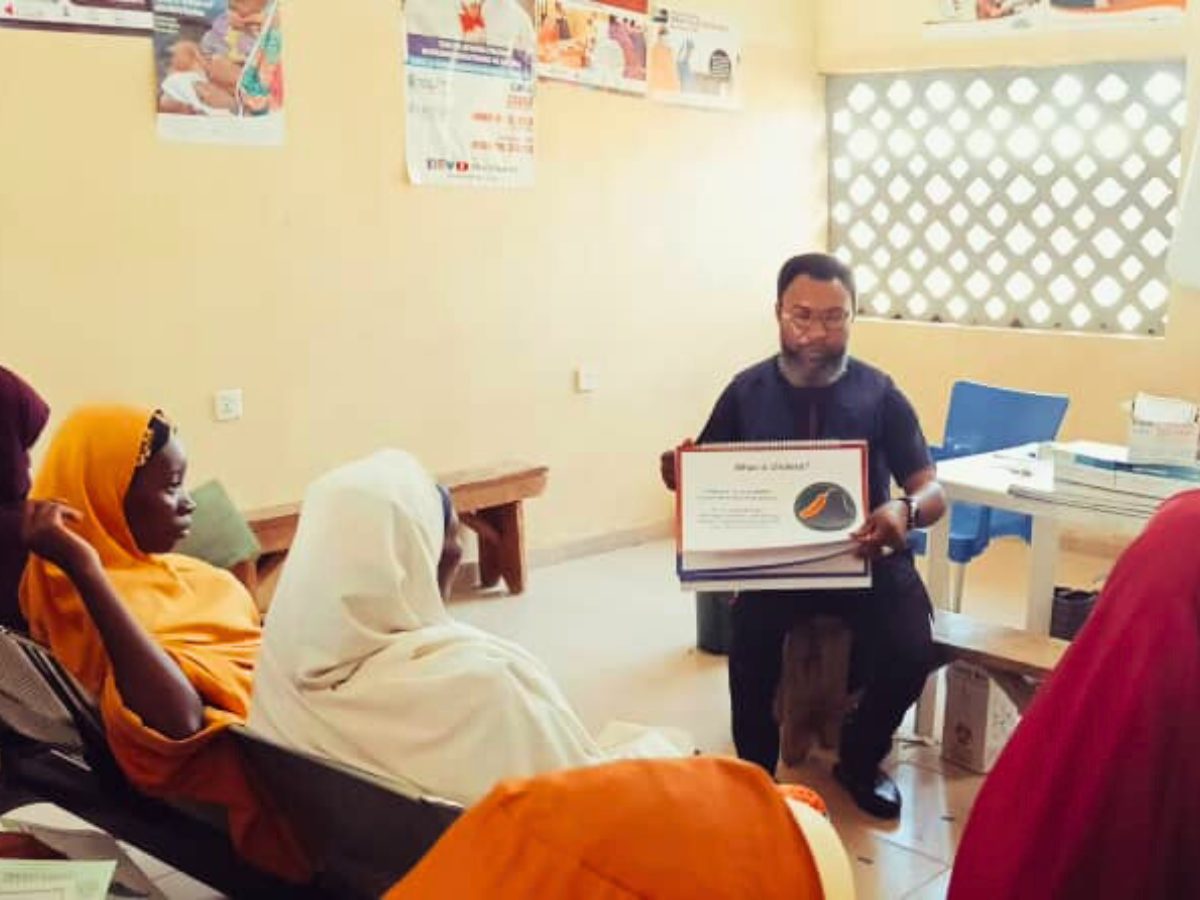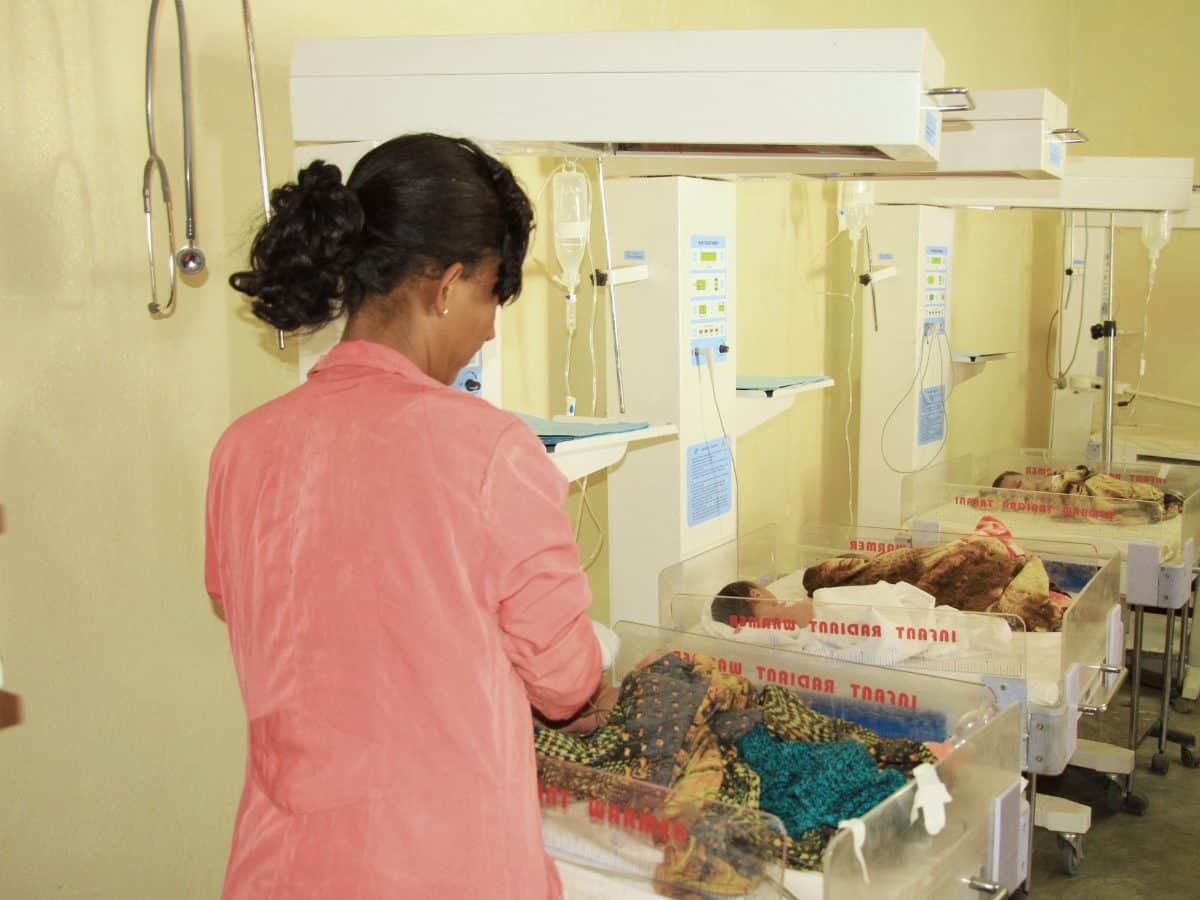Speaking to the 9th Conference of the International AIDS Society (IAS) in Paris on July 24, Dr. Wafaa El-Sadr, founder and director of ICAP at Columbia University, explained how Differentiated Service Delivery (DSD) can drive key achievements in coverage, quality and efficiency.
“Ultimately, if we can shape the ‘how’ [of service delivery] in an appropriate way, we will be able to achieve the 90-90-90 targets, quality of life for people living with HIV, efficiency, equity, and ultimately epidemic control,” El-Sadr said.
El-Sadr explained that the gains made so far in the fight against HIV reflect the commitment to the public health approach, using a consistent package of care and decentralized delivery model to enable broad scale-up of services to millions around the world. However, she noted, there are structural, psychosocial and behavioral obstacles to successful engagement in care that could impede progress toward the 90-90-90 goals.
DSD aims to mitigate these factors by simplifying and adapting HIV services across the continuum of care to meet the needs of recipients of care in their particular contexts. Because it involves specific tailoring of services, DSD may also reduce unnecessary burden on health systems. By centering on people living with HIV and modulating the frequency and location of service provision, the number of tests and interventions included with a visit, and even the person providing the care, DSD results in customized services that can help to reduce outcome gaps by ensuring access, adherence, and effectiveness of treatment.
One example of a successful DSD strategy is giving recipients of care the option to join a Community Adherence Group (CAG). While some may choose to receive ongoing care in a clinical setting due to proximity or the reassurance of seeing a medical professional regularly, others may prefer the flexibility and the social aspect of attending group meetings in the community. Additionally, having an alternative for follow-up reduces the case load at local clinics, allowing doctors and nurses to spend time with patients who need more intensive care.
ICAP supports innovation and sharing of best practices in DSD through CQUIN. The goal of this multi-country learning network is to enable scale-up of DSD in order to improve individual health and achieve population-level impact.
“We have to evolve our public health approach into a new model, a model of ‘precision public health,’” El-Sadr noted. “Let’s stick with what has worked, what’s served us well thus far, but let’s make it precise and tailored so in the end we’re responsive to the people we aim to serve.”








